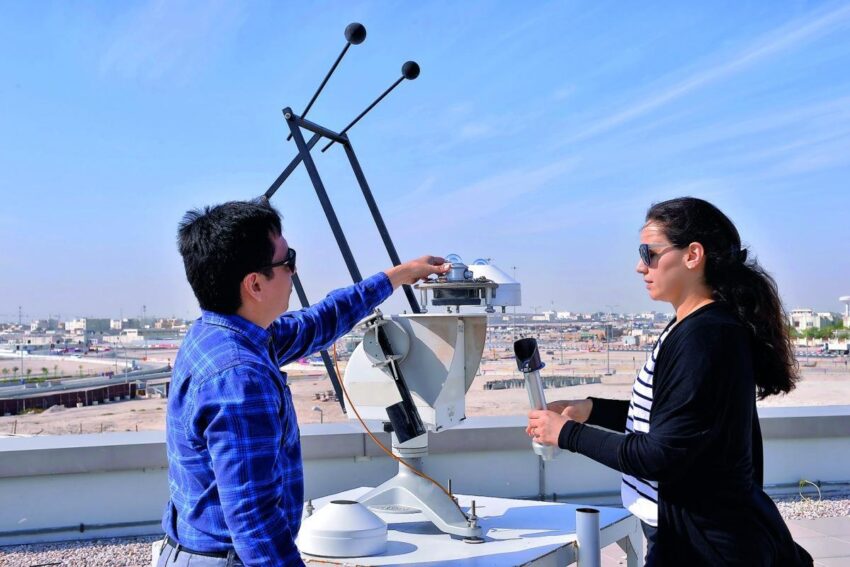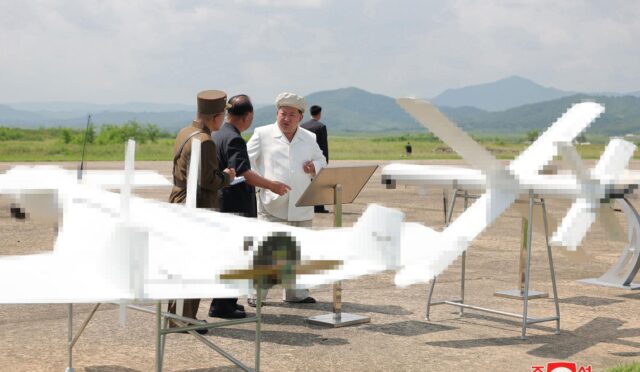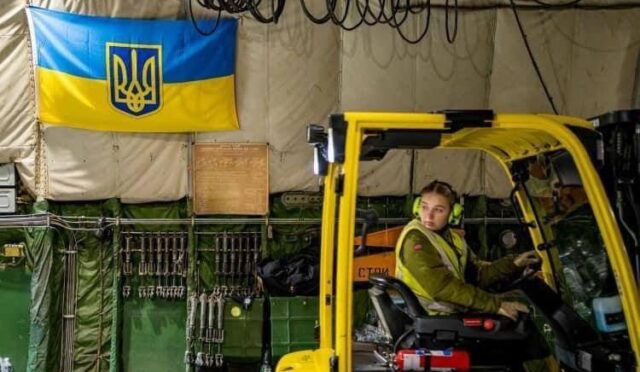Qatar Monitors Radiation Amid Regional Conflict
Qatar has taken a proactive stance in monitoring radiation levels in the Gulf, particularly in light of the escalating Israeli airstrikes targeting Iranian nuclear facilities. In a press briefing on Tuesday, Majed al-Ansari, a spokesperson for the Qatari foreign ministry, emphasized that the nation conducts daily assessments of radiation levels. He reassured the public that, at present, there is no cause for alarm, but he cautioned that continued tensions could lead to unforeseen consequences.
The conflict intensified on Friday when Israel launched an unprecedented air campaign aimed at Iran’s nuclear infrastructure. This has resulted in a series of deadly missile exchanges, marking the fifth consecutive day of hostilities between the two nations. Al-Ansari highlighted the critical nature of the Gulf waters, stating, “They represent the main source of water for all of us in the region.” He implored the international community to unequivocally condemn any attacks on nuclear or energy infrastructure, warning of potentially dire ramifications for the Gulf region.
Tensions Escalate in the Gulf
The Israeli strikes have raised significant concerns not only in Iran but also among its neighbors and international observers. Iran is known to operate a nuclear power plant in Bushehr, situated along the Gulf coast, while its uranium enrichment facilities are positioned hundreds of kilometers away inland. The International Atomic Energy Agency (IAEA) recently reported that Iran has assured them that the Bushehr plant has thus far remained untouched amidst the current military conflict.
In a significant escalation, Israel targeted a major Iranian gas facility on the Gulf coast over the weekend, integral to the South Pars gas field, which is jointly operated with Qatar. In response, Al-Ansari stated that Qatar’s facilities in the area remain secure. However, he criticized Israel’s airstrikes on Iranian energy infrastructure, labeling them as reckless and indicative of a broader regional instability.
Regional Implications and International Response
The conflict raises urgent questions about the broader implications for stability in the Persian Gulf region. Analysts warn that the continued military actions may lead to increased tensions, putting vital energy supplies and security at risk. Al-Ansari’s warning serves as a reminder that any disruption in the Gulf could have widespread repercussions, affecting both local populations and international energy markets.
The situation underscores the need for diplomatic engagement and effective conflict resolution mechanisms. As tensions rise, the international community is being urged to step forward and play a mediating role, ensuring that dialogue remains open. Al-Ansari’s statements reflect Qatar’s commitment to peace in the region, emphasizing the need for collaborative solutions in addressing the ongoing crises between Iran and Israel.







